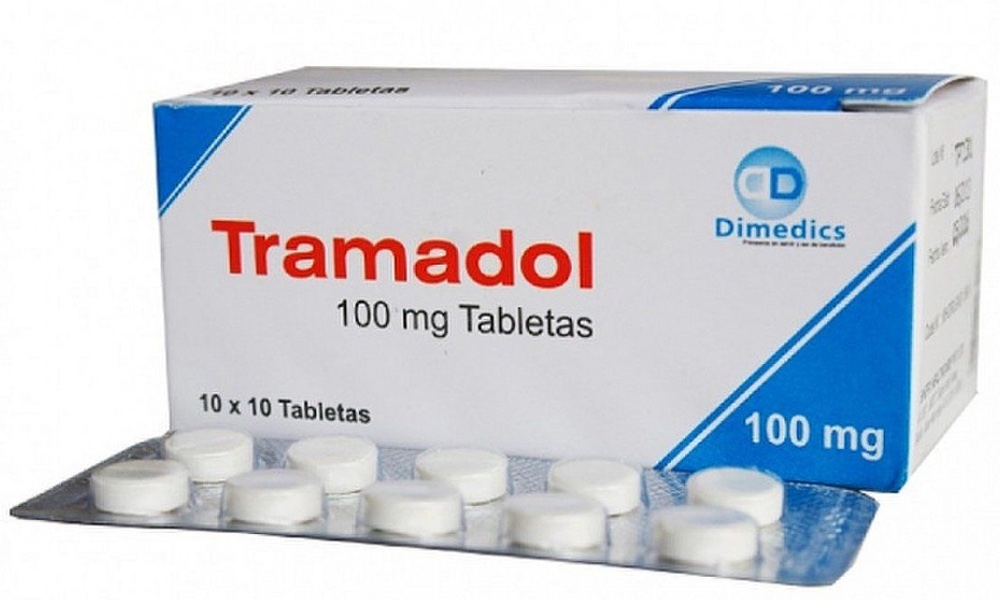Go ahead, savor your morning coffee — it may help you live longer. Drinking coffee is associated with a lower risk of death from cancer, heart disease, diabetes, and respiratory and kidney disease, according to a recent study. Caffeine's healthy effects appear to benefit everyone who drinks coffee, regardless of race or ethnicity.
Researchers used data from the Multiethnic Cohort Study, an ongoing research project with more than 215,000 people and the most ethnically-diverse study looking at possible risk factors linked to cancer. Coffee reduced mortality risk in Latinos, Japanese-Americans, African-Americans and whites.
Until the publication of this research, in Annals of Internal Medicine, little data on the benefits of coffee in non-white populations had been available. Lifestyles and risk factors for diseases and mortality can vary among different minority groups, and findings in one population may not necessarily apply to others.People who drank one cup of coffee each day had a 12 percent lower risk of death, compared to those who never drank coffee. Those who drank two or three cups of coffee per day had an 18 percent lower risk of death.
Data for the study came from African-Americans (17 percent), Native Hawaiians (7 percent), Japanese-Americans (29 percent), Latinos (22 percent) and whites (25 percent), aged 45 to 75 years old at the time they joined the study. Participants filled out questionnaires about their diet, lifestyle, and personal and family medical history.
Participants reported their coffee-drinking habits when they enrolled and updated them about every five years. They also indicated whether they drank caffeinated or decaffeinated coffee. The investigators found that those who drank one cup of coffee each day had a 12 percent lower risk of death, compared to those who never drank coffee. Those who drank two or three cups of coffee a day had an 18 percent lower risk of death.
Because so many people drink coffee every day, the benefits of drinking it are likely to be far-reaching, Setiawan, an associate professor of preventive medicine at the Keck School of Medicine at the University of Southern California, believes. She drinks one or two cups daily.
Coffee contains antioxidants and other compounds that may help prevent cancer. “Although this study does not show causation or point to what chemicals in coffee have this ‘elixir’ effect, it is clear that coffee can be incorporated into a healthy lifestyle,” said Setiawan.
In addition to the study and a related editorial, also published in Annals of Internal Medicine, a European study published in the same issue also found an association between coffee consumption and reduced risk of death among diverse populations in 10 countries. A patient summary of both studies is available here.





